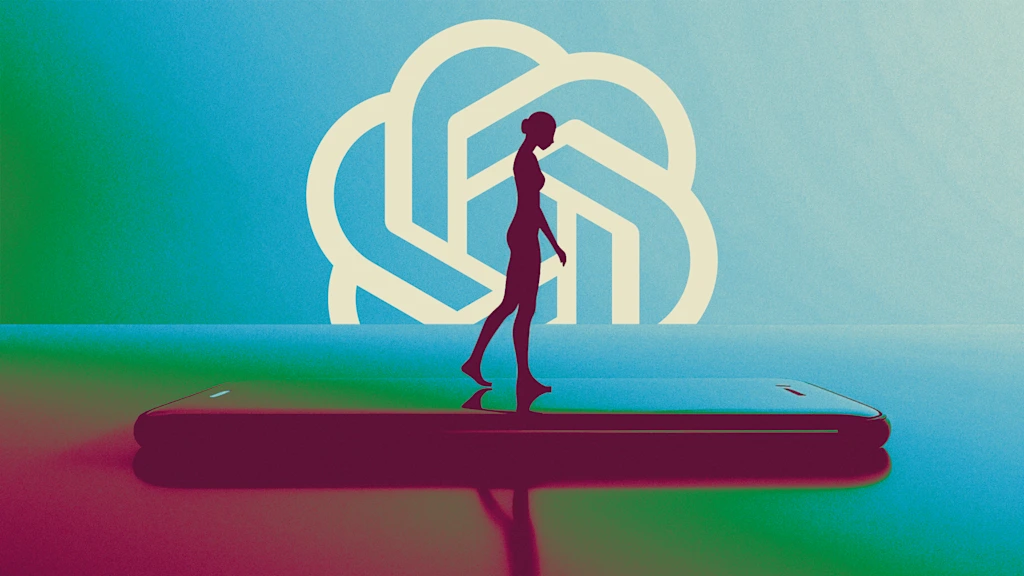
"Like many ambitious tech companies before it, OpenAI introduced itself to the culture at large with big claims about how its technology would improve the world-from boosting productivity to enabling scientific discovery. Even the caveats and warnings were de facto advertisements for the existential potential of artificial intelligence: We had to be careful with this stuff, or it might literally wipe out humanity."
"Fast-forward to the present day, and OpenAI is still driving culture-wide conversations, but its attention-grabbing offerings aren't quite so lofty. Its Sora 2 video platform-which makes it easy to generate and share AI-derived fictions-was greeted as a TikTok for deepfakes. That is, a mash-up of two of the most heavily criticized developments in recent memory: addictive algorithms and misinformation. As that launch was settling in (and being tweaked to address intellectual property complaints),"
"These products are not exactly curing cancer, as CEO Sam Altman has suggested artificial intelligence may someday do. To the contrary, the moves have struck many as weirdly off-key: Why is a company that took its mission (and itself) so seriously doing . . . this? An obvious risk here is that OpenAI is watering down a previously high-minded brand."
OpenAI initially positioned its technology as a force for productivity and scientific discovery, warning of existential risks while claiming transformative benefits. Recent product moves, including the Sora 2 video platform for AI-derived fictions and plans to enable erotica for verified adults in ChatGPT, emphasize viral, attention-grabbing use cases rather than lofty aims. Sora 2 drew comparisons to a 'TikTok for deepfakes,' linking addictive algorithms and misinformation. These choices have prompted concern that the company is diluting a high-minded brand. Competing AI firms will differentiate through deployment decisions and what their technologies make easy or socially acceptable.
Read at Fast Company
Unable to calculate read time
Collection
[
|
...
]